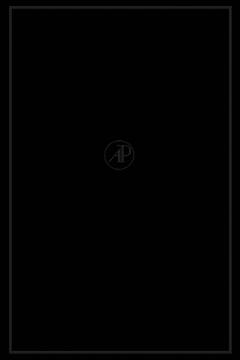
Additional Information
Book Details
Abstract
The Psychology and Physiology of Stress investigates the psychological and physiological consequences of stress caused by the Vietnam War. It includes the contributions of the representatives of the US Armed Forces and the Army of the Republic of Vietnam. Furthermore, it summarizes advances both in the clinical and research spheres that have evolved from the conflict.
This book begins with a brief historical review of psychiatric disorders associated with combat, with emphasis on changes in their frequency, terminology, and manifestations. It is followed by chapters dealing with the organization and development of US Army psychiatry in Vietnam, psychiatry in the Army of the Republic of Vietnam (South Vietnam Forces), and psychiatric disorders of Marine and Naval personnel who have been evacuated to an offshore-based hospital ship. The book also explains the patterns of psychiatric attrition and behavior in the combat zone; steroid and other biochemical responses to combat stress, which involve measurements of 17-hydroxycorticosteroids, androgens, and various phospholipid fractions; heat stress in army pilots in Vietnam; background characteristics, attitudes, and self-concepts of air force psychiatric casualties from Southeast Asia; and stress and fatigue monitoring of naval aviators during aircraft carrier combat operations. The book concludes with a chapter on progress in combat psychiatry after the Vietnam War.
This book is a valuable resource for psychiatrists, psychologists, and healthcare and military personnel concerned with the effects of combat-induced stress.
